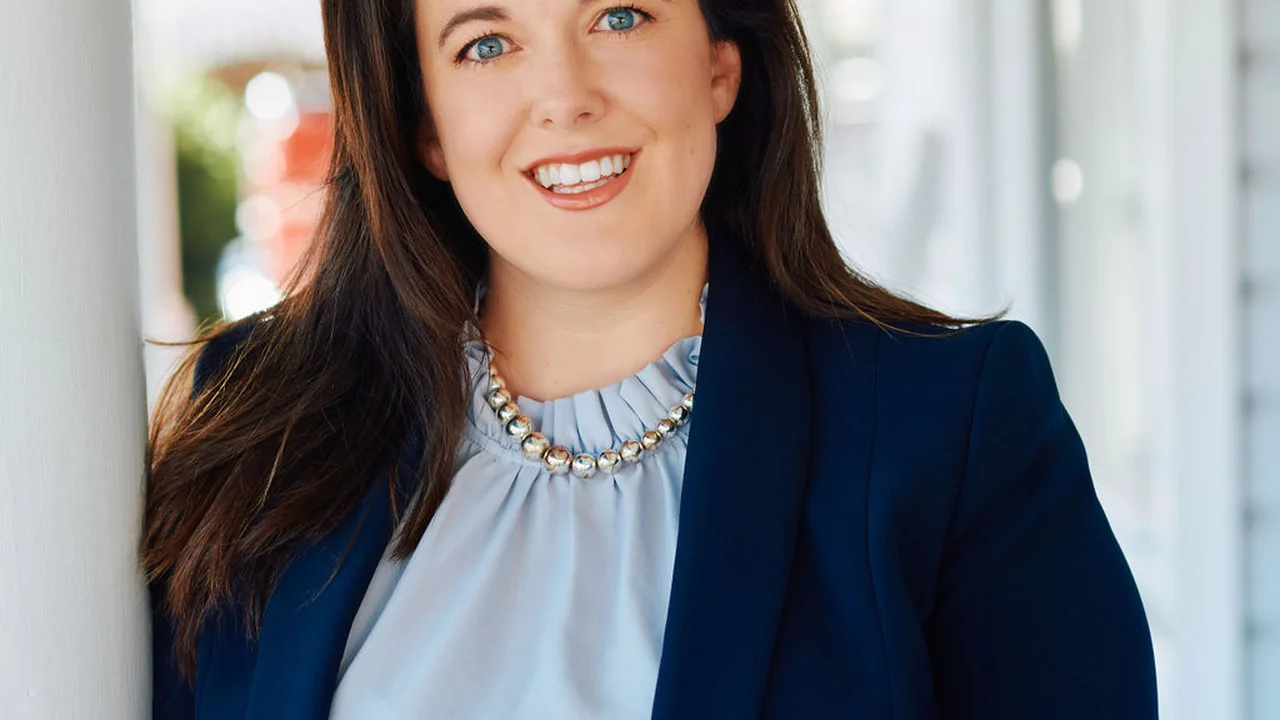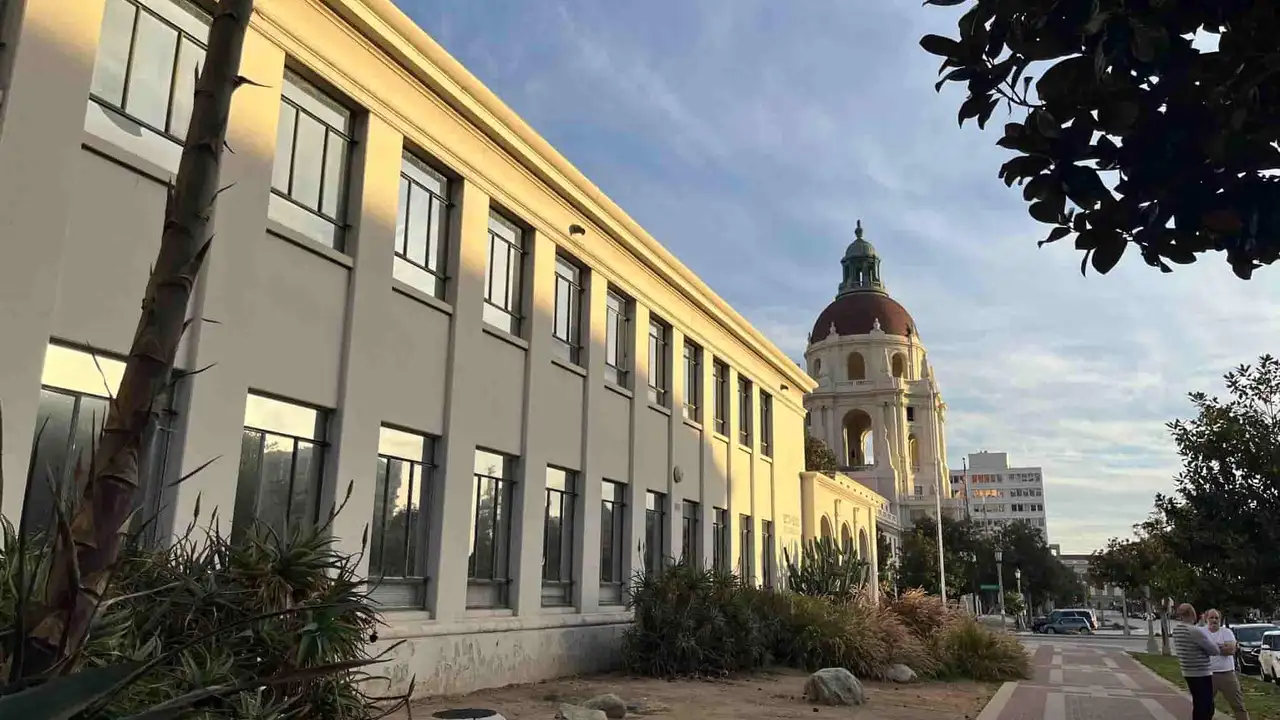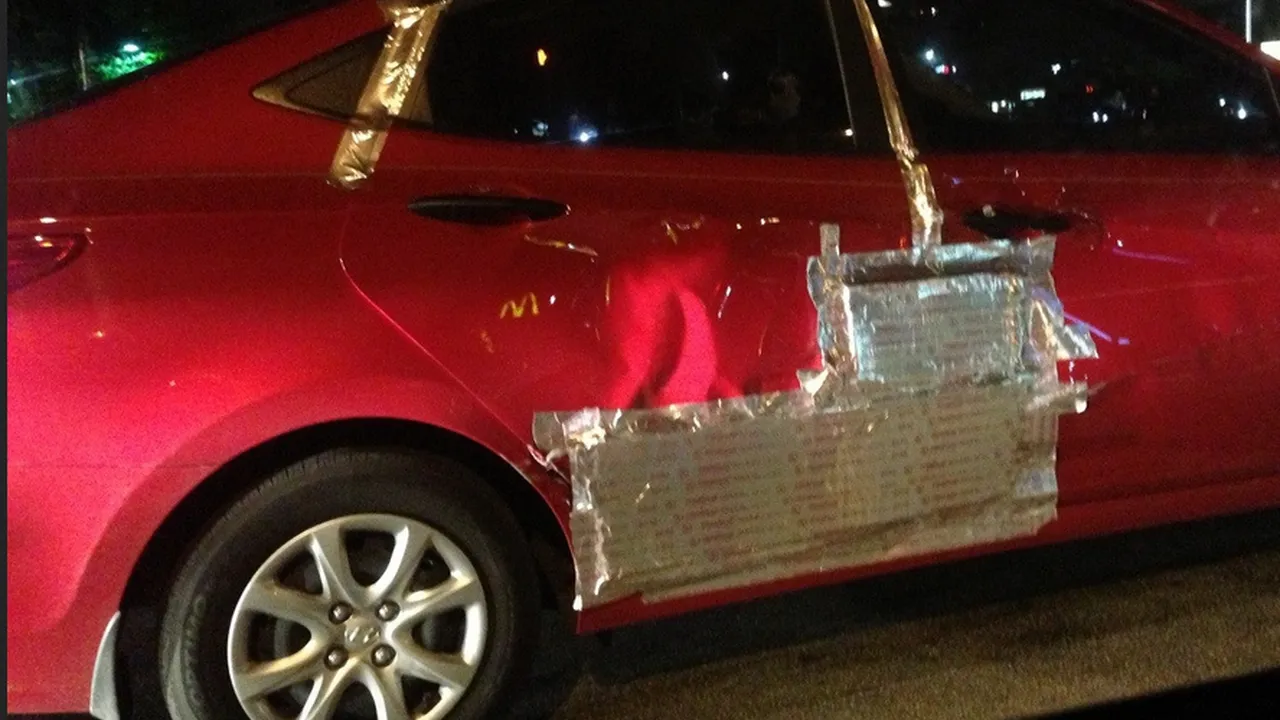Appealing a Car Accident Verdict: When and How to Appeal

Understanding the Grounds for Appealing a Car Accident Verdict Car Accident Appeal Basics
So, you've been through the wringer. The car accident, the investigation, the trial... and the verdict wasn't in your favor. It stings, right? But hold on, don't lose hope just yet. You might have grounds to appeal. Appealing a car accident verdict isn't about getting a second chance to present the same evidence. It's about demonstrating that the judge or jury made a legal error, or that the proceedings were unfair in some way. Think of it as catching a mistake in the rule book, not replaying the game.
What kind of mistakes are we talking about? Well, a judge might have improperly admitted evidence, given the jury incorrect instructions, or made a ruling that went against established law. The jury might have been influenced by bias or prejudice, or their verdict might be completely unsupported by the evidence presented. These are all potential grounds for an appeal. But remember, just because you disagree with the verdict doesn't automatically mean you have a valid appeal. You need to show that a real, legal error occurred that likely affected the outcome of the case.
Identifying Legal Errors in Your Car Accident Case Car Accident Appeal Process
Finding these errors isn't easy. It requires a deep dive into the trial transcript, legal research, and a keen understanding of the rules of evidence and procedure. That's why it's crucial to have a skilled attorney on your side who specializes in appellate law. They'll be able to spot the subtle nuances and legal loopholes that could make or break your appeal. Think of them as legal detectives, meticulously examining every detail of the case to uncover any potential errors.
One common type of error is related to evidence. Did the judge allow the other side to present evidence that was irrelevant, prejudicial, or obtained illegally? For example, maybe they introduced evidence of your past driving record, even though it had nothing to do with the current accident. Or perhaps they showed the jury graphic photos of the accident scene that were more likely to inflame their emotions than to help them understand the facts. These types of errors can be grounds for an appeal.
Another area to scrutinize is the judge's instructions to the jury. Did the judge accurately explain the law to the jury? Did they properly define key terms like "negligence" or "proximate cause"? If the jury was given incorrect or misleading instructions, it could have led them to reach the wrong verdict. This is a serious error that can be overturned on appeal.
The Timeline for Filing an Appeal After a Car Accident Understanding Appeal Deadlines
Time is of the essence when it comes to appeals. You don't have forever to decide whether to appeal and to file the necessary paperwork. The deadlines for filing an appeal are typically very strict and unforgiving. Miss the deadline, and you've likely lost your chance to appeal. The specific deadline will vary depending on the jurisdiction, but it's usually within 30 to 60 days of the final judgment.
Once you file the appeal, you'll need to prepare a detailed brief outlining the legal errors you believe occurred during the trial. This brief is your chance to convince the appellate court that the lower court's decision was wrong and should be reversed. It's a formal legal document that requires careful research, writing, and argumentation. Your attorney will be the one drafting this document, making sure to adhere to all the court's rules and requirements.
The appellate court will then review the brief, the trial transcript, and any other relevant documents. They may also hear oral arguments from both sides. The judges will then deliberate and issue a written opinion either affirming or reversing the lower court's decision.
The Costs Associated with Appealing a Car Accident Verdict Car Accident Appeal Expenses
Appealing a car accident verdict can be expensive. You'll need to pay for things like court filing fees, transcript costs, attorney fees, and potentially expert witness fees. Attorney fees can vary widely depending on the complexity of the case and the attorney's experience. Some attorneys may charge an hourly rate, while others may charge a flat fee or a contingency fee (meaning they only get paid if they win the appeal).
Transcript costs can also add up quickly. The appellate court will need a complete transcript of the trial proceedings, which can be hundreds or even thousands of pages long. You'll have to pay a court reporter to prepare the transcript, and the cost can be significant.
Before deciding to appeal, it's important to carefully weigh the costs and benefits. Talk to your attorney about the potential expenses and the likelihood of success. They can help you assess whether the appeal is worth the investment.
Presenting New Evidence During an Appeal Car Accident Appeal Evidence Considerations
Generally, you can't introduce new evidence during an appeal. The appellate court is only concerned with reviewing the record of the trial that already took place. They're not going to consider new witnesses, documents, or other evidence that wasn't presented at trial. There are very limited exceptions to this rule, such as if the new evidence was unavailable at trial or if it's necessary to correct a clear injustice. But these exceptions are rare.
The focus of the appeal is on whether the trial court made a legal error based on the evidence that was presented at trial. So, if you have new evidence that you think is important, you may need to explore other options, such as filing a motion for a new trial in the lower court.
The Role of an Appellate Attorney in a Car Accident Case Expert Legal Guidance
As mentioned earlier, having an experienced appellate attorney is crucial. These attorneys specialize in handling appeals and have a deep understanding of the appellate process. They can help you identify potential legal errors, prepare a persuasive brief, and argue your case before the appellate court.
Choosing the right appellate attorney is important. Look for someone who has a proven track record of success in appeals, who is knowledgeable about car accident law, and who is a good communicator. You should also feel comfortable working with them and confident in their abilities.
Products and Gear for Post-Accident Recovery and Support Car Accident Recovery Products
Alright, let's shift gears a bit. Beyond the legal battles, recovery after a car accident can be tough physically and emotionally. Here are a few products that can make the process a little easier:
Seat Cushions for Back Pain Relief
Product: The Purple Seat Cushion, or the Everlasting Comfort Seat Cushion.
Use Case: After a car accident, back pain is super common. These cushions provide extra support and can help alleviate pressure on your spine, making sitting for long periods (like at work or during physical therapy) more bearable.
Comparison: The Purple cushion is made of a unique gel-like material that conforms to your body, while the Everlasting Comfort cushion is made of memory foam. Purple is generally cooler and might be better for warmer climates. Memory foam offers more consistent support. The Purple one is usually around $90-$120, while the Everlasting Comfort is closer to $30-$40.
Neck Pillows for Car Rides and Sleep
Product: BCOZZY Kids Chin Supporting Travel Pillow (for neck support) or a Tempur-Pedic Neck Pillow.
Use Case: Whiplash is a real pain. A good neck pillow can provide support and prevent further strain, especially during car rides or while sleeping. The BCOZZY is great for preventing your head from slumping forward, especially if you're a passenger. The Tempur-Pedic offers more structured support for sleeping.
Comparison: The BCOZZY is softer and more flexible, making it comfortable for travel. The Tempur-Pedic is firmer and provides more therapeutic support. BCOZZY is around $30, while the Tempur-Pedic is significantly more expensive, around $80-$100.
Compression Gear for Swelling and Muscle Support
Product: SB SOX Compression Socks or a Copper Compression Recovery Knee Sleeve.
Use Case: Swelling and muscle soreness are common after an accident. Compression gear can help reduce inflammation, improve circulation, and provide support to injured muscles. Compression socks are great for leg swelling, while a knee sleeve can stabilize and support a damaged knee.
Comparison: SB SOX offers a wide range of compression levels, so you can choose the right level of support. Copper Compression claims that their products have copper infused in the fabric, which may have anti-inflammatory benefits (though this is debated). SB SOX socks are around $15-$20, while the Copper Compression knee sleeve is about $20-$30.
Pain Relief Creams and Gels
Product: Biofreeze Pain Relief Gel or Penetrex Pain Relief Cream.
Use Case: For localized pain relief, these creams and gels can be a lifesaver. They provide temporary relief from muscle aches, joint pain, and inflammation. Biofreeze uses menthol for a cooling sensation, while Penetrex uses a blend of ingredients to target inflammation.
Comparison: Biofreeze provides a strong, cooling sensation that some people find very effective. Penetrex is more of a warming cream and focuses on deeper tissue penetration. Biofreeze is around $10-$15, while Penetrex is about $20-$25.
Dash Cams for Future Protection and Evidence
Product: Vantrue N4 3 Channel Dash Cam or the Garmin Dash Cam Mini 2.
Use Case: While not directly related to recovery, a dash cam can be invaluable in preventing future headaches. If you're ever in another accident, you'll have video evidence to protect yourself and streamline the insurance claim process. The Vantrue N4 records from three angles (front, interior, and rear), while the Garmin Mini 2 is compact and discreet.
Comparison: The Vantrue N4 is a more comprehensive system, but it's also larger and more expensive (around $250-$300). The Garmin Mini 2 is super easy to install and use, but it only records from the front (around $130-$150). Consider your needs and budget.
Moving Forward After a Car Accident Appeal Legal Considerations
Listen, car accidents are awful. Appealing a verdict adds another layer of stress. But remember, you're not alone. There are legal professionals and support systems out there to help you navigate this process. Take things one step at a time, focus on your recovery, and don't be afraid to ask for help when you need it. Whether it's legal advice, physical therapy, or just someone to listen, remember that taking care of yourself is the most important thing.
:max_bytes(150000):strip_icc()/277019-baked-pork-chops-with-cream-of-mushroom-soup-DDMFS-beauty-4x3-BG-7505-5762b731cf30447d9cbbbbbf387beafa.jpg)






